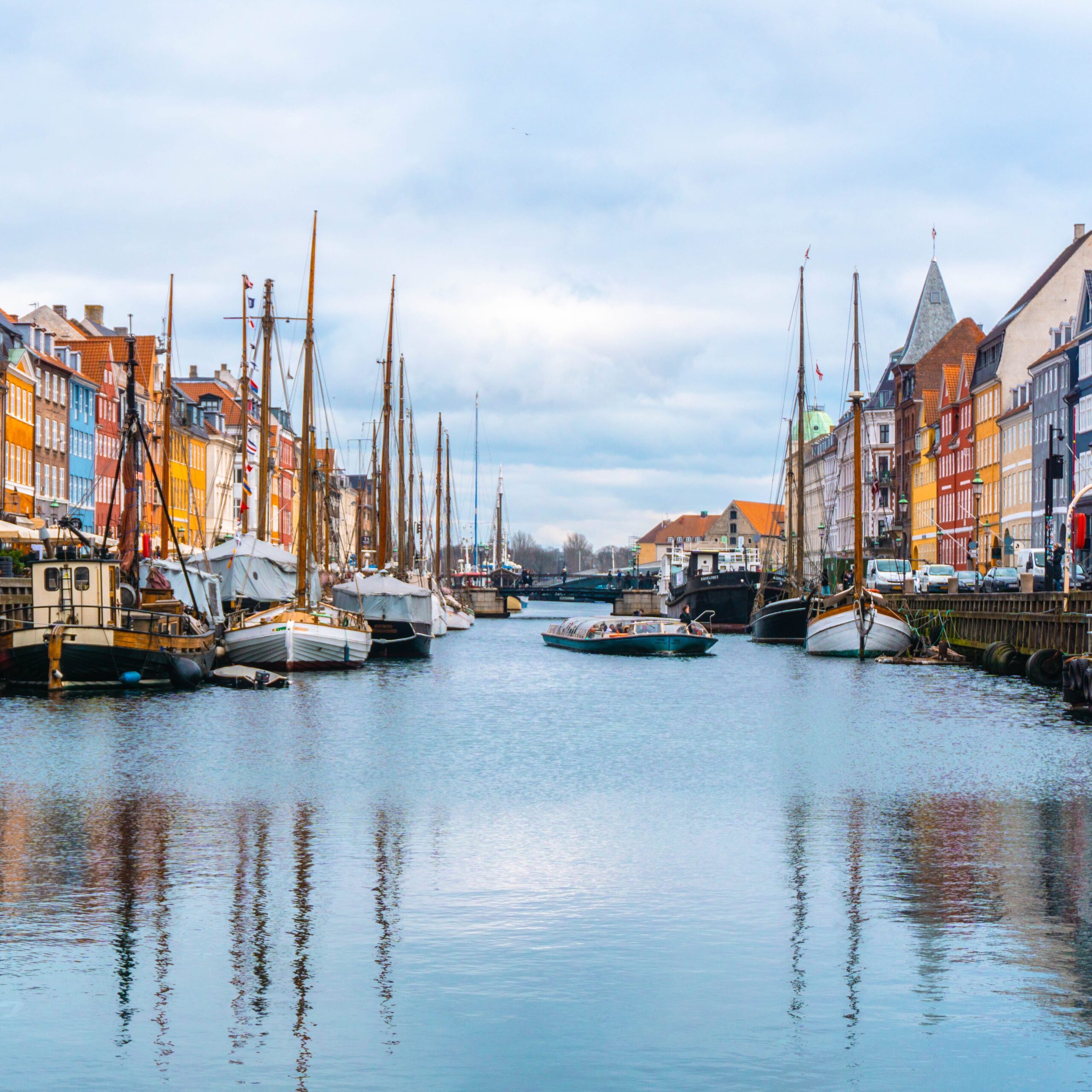
We may have wasted no time getting back into the semester after spring break, but just two weeks ago, I was exploring Denmark as a part of the class “Making the Viking Age.” This trip marks the second time I have been lucky enough to travel internationally as part of a class here at Princeton; last fall, I also visited Rome as a part of a group of students who took the Western Humanities Sequence during our first year. With course selection just around the corner, I highly recommend keeping an eye out for courses that include travel, as they have been some of the most academically enriching experiences I have had in all my education thus far.
Traveling as part of a class is amazing for all the reasons you likely expect: getting to see new places, trying new foods, spending time with friends, and connecting with your class and professors in exciting, hands-on ways. One of the best (and perhaps under appreciated) parts of both of the Princeton trips I have been on has been the independent research component. As someone who loves research enough to write for PCUR, this probably is not a very surprising take to find on our blog. What may surprise you, however, is that in both instances, the prospect of coming up with a research project in our short time abroad was something that at first I actually found incredibly intimidating.
For context, both of the trips I have been on involved a full, free day of independent exploration. As someone who had never been to Copenhagen or Rome prior, the two cities where I was unleashed for a day to explore anything my heart desired, it was hard to even decide where to start. Luckily, both of these free days came towards the end of the week, giving me plenty of time to take note of my favorite spots. To use a cheesy analogy, on trips like these, the itinerary becomes a kind of “literature review,” giving you the background necessary to narrow down a particular topic to explore further. In Rome, my favorite stops all involved intricate architectural design, motivating my choice to explore a cathedral with lots of cool ornamental elements on my free day.
Picking a spot to begin is one thing, but coming up with an appropriately-ambitious research question out of a day of poking around old buildings is an entirely different problem. At least for me, scope is one of the hardest parts of the research process to figure out. Just like with any other project, my advice is to let the assignment (as well as your professor and peers) inform you. Keep the people around you updated on what your running ideas are, and they will likely do more to help steer you in a pointed direction than you may realize.
Such a short time frame also comes with difficulties in terms of remembering everything. To be quite honest, I am still working out a more organized system for note-taking on the go myself. What I will say about my current system is that my phone has run out of space to back up my photos in the Cloud. Storage issues aside, I continue to take photos constantly when I travel because my camera acts as my diary. And no, I’m not talking about for the sake of getting the perfect Instagram-worthy shot – half of the pictures I take are of item labels of objects that I find interesting in museums. Along with the notes I type in my phone, though, these photos become infinitely useful when working through the details of my research once I return home.
Speaking of returning home, my final advice is to not sweat the final product too much while you are away! You only have so much time to see the place you are visiting, and can devote as much time as you want to refining your project once you are back on campus. My professor for “Making the Viking Age” suggested that we all write a paragraph to a page of a reflection at the end of each day of the trip, and to refine our reflection once we returned home. Having now submitted this assignment, I would like to recommend this method to any future Princeton travelers as a great way to begin your next research project while abroad.
Bon voyage!
— Kate Weseley-Jones, Humanities Correspondent

